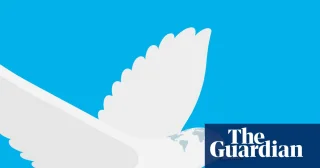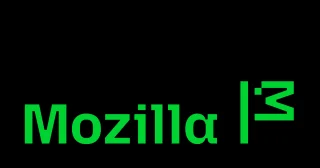[…] We need a Cern-like not-for-profit body driving forward international AI research.
[…] If we are able to muster it, we have the chance to restore the web as a tool for collaboration, creativity and compassion across cultural borders. We can re-empower individuals, and take the web back. It’s not too late.
Da die AI-Entwicklung in China und den USA zu sehr von „for profit“ & „for propaganda“ geprägt wird, könnte, sollte und müsste das eine europäische Initiative sein.


